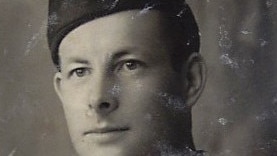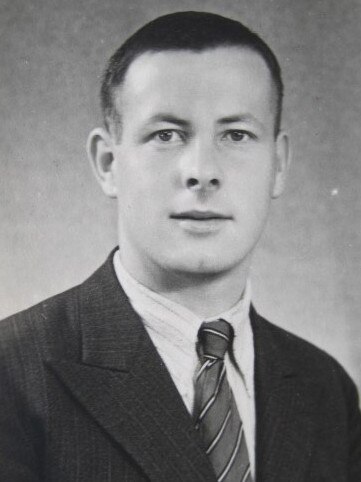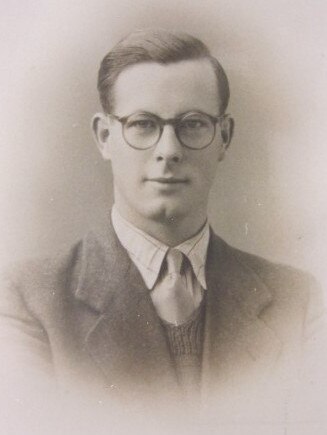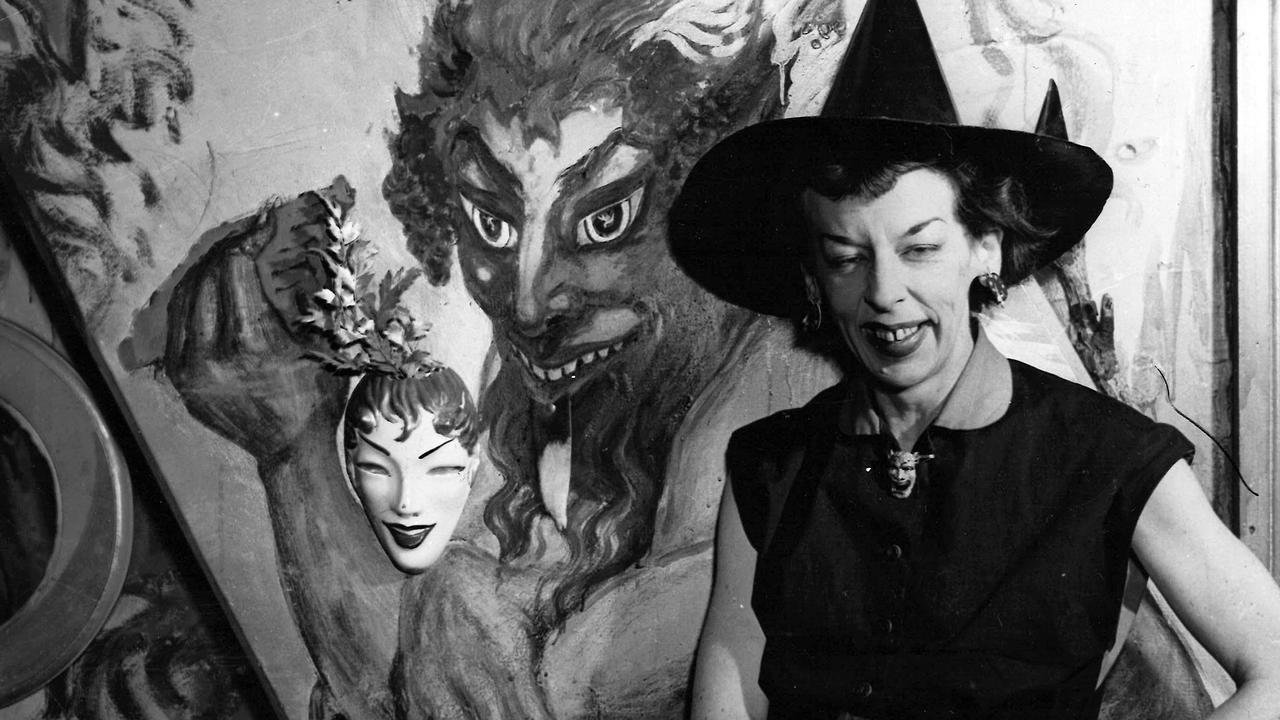How Johnny Peck became an “escape artist” in World War II
As war raged in Europe, a daring Aussie soldier made fools of his captors with a series of prison breaks.

In Black and White
Don't miss out on the headlines from In Black and White. Followed categories will be added to My News.
Johnny Peck was not the first nor the last Aussie soldier to make a daring escape from a German prisoner of war camp during World War II.
But what makes Peck’s tale so astonishing is his sheer number of daring escapes – about 10 – and his selfless choice to trade his own freedom to rescue countless other POWs instead.
Peck’s story is told in the 200th episode of the free In Black and White podcast on Australia’s forgotten characters:
Today’s guest is historian Professor Peter Monteath, from Flinders University, author of a book called Escape Artist: The Incredible Second World War of Johnny Peck.
Prof Monteath says Sydney-born Peck fled his family at age 13 after his father remarried, then jumped on a bike and headed for Melbourne to start a new life alone.
Peck was only 17 when he signed up for WWII in 1939 – fibbing about his age – and became an infantryman in the 2/7 Battalion, fighting the Italians in the Western Desert.
And he was only 18 when he made the first of his many prison breaks – a bold night-time escape from a German POW camp on Crete.


In 1941, Peck was trapped on the Greek island with hundreds of other soldiers after it fell to the Germans.
The men survived on their wits and the generosity of local Crete families, who put their own lives in danger to help Allied soldiers.
“They relied on the hospitality of Cretan villagers to hide them, to feed them as best they could,” Prof Monteath says.
“Whenever he came close to evacuation something intervened. On one occasion he fell very ill with malaria.
“He found himself altogether living on Crete, relying on the kindness of the locals, for about a year.”
Eventually, Peck’s luck ran out and he was captured and sent to a POW camp, from where he made his first great escape.


Later in the war, Peck was lucky enough to be liberated from jail in Italy by local civilians after the Italian armistice of 1943.
Rather than take the opportunity to flee to safety, Peck risked his life to stay and help countless POWs cross the Alps to safety across the border into Switzerland.
When he was captured yet again, he was sentenced to death.
To find out more, listen to the interview with Professor Monteath in the free In Black and White podcast on Apple Podcasts, Spotify or web.
See In Black & White in the Herald Sun newspaper Monday to Friday for more stories and photos from Victoria’s past.



